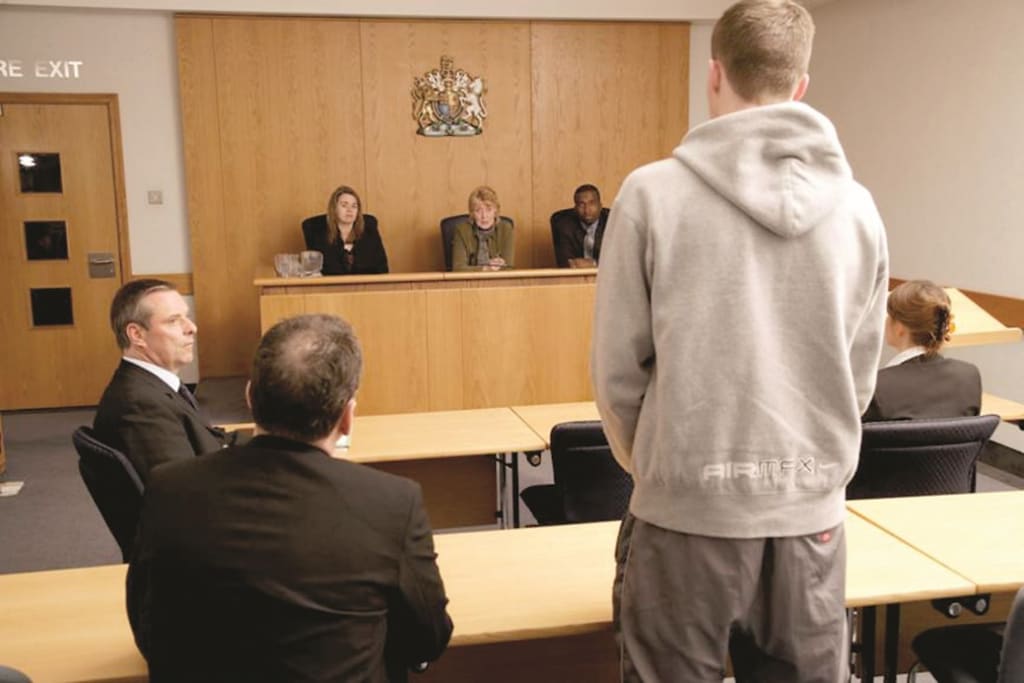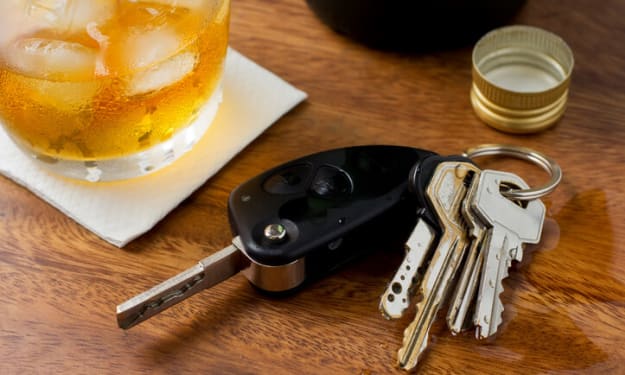Juvenile Law
All you need to know about Juvenile law

When faced with legal problems, it is no doubt that people face a lot of stress, especially when it comes to their loved ones. However, did you know that if the person facing trouble with the law is a minor, they are tried in a juvenile court instead of an adult criminal court?
This means that instead of being punished by the crimes they may have committed, they are tried in a way that is designed to rehabilitate, counsel, and educate minors.
The juvenile justice system was established to divert youthful offenders from the destructive punishments of criminal courts and encouraging rehabilitation based on the individual juvenile's needs.
The juvenile law system is different from an adult or criminal court because rather than punishing someone who is legally liable for their action, this system was designed to find a way to assist the child or adolescent and wants to make a difference for their future no matter what the act that brought him or her before the court.
We understand that this process is more about rehabilitation rather than the punishment of a juvenile. This is why we want you to know and understand what you are about to face.
With this said, the juvenile court process usually has three phases:
1. Detention Phase: Determines whether the minor can be released for his crimes to the custody of his/her parents or guardian pending trial.
1. Fitness hearing: This part of the process is when the offense is evaluated, and it is determined if it will be heard in a juvenile delinquency court or if the minor will be tried in a criminal court.
2. Jurisdiction Phase: Determines the truth of the allegations in the petition against the minor.
3. Disposition Phase: If any allegation is found true against the minor, this phase determines the minor’s sentence.
In most cases, depending on the severity of the crime and the minor’s performance on probation, a juvenile can seek to set-aside his conviction and seal his record after he/she completes probation.
Not every juvenile case is tried in juvenile court. Every crime listed in Welfare & Institutions Code § 707(b) can be transferred to the adult justice system. Some of those crimes are:
-Spousal rape.
-Forcible sex offenses in concert with another person.
-Forcible lewd and lascivious acts on a child under the age of 14
-Forcible penetration by a foreign object.
-Sodomy or oral copulation by force, fear, violence, duress or menace of immediate and unlawful bodily injury on a victim or another person
-Lewd or lascivious acts on a child under the age of 14, unless the defendant qualifies for probation.
-Crimes listed under 707(b) of the California Welfare and Institutions Code.
If the prosecution seeks to transfer a case to adult court, there is a trial in the juvenile court on the issue of whether or not the minor should be tried as an adult. This trial is not a trial on whether or not the allegations are true; instead, it’s a trial on whether or not the juvenile justice system is suited to rehabilitate the minor.
A minor must be at least 16 years old at the time of the 707(b) offense in order for the prosecution to seek to transfer his/her case to adult court.
We highly recommend that as soon as you are notified about any legal problems the minor faces, you contact an attorney because there is no bail in the juvenile court process. It is best to make sure you know what your child's rights are before making any decisions.
Our attorneys have a lot of experience handling criminal cases in juvenile court; our attorneys will fight to get the best possible outcome. We know the best angle and course of action for your case.
Visit https://www.ieduiattorneys.com/juvenile-law to learn more about Juvenile law and how we can assist you when you most need it.
About the Creator
Moore and Associates
Dennis Moore and his team of lawyers have over 70 combined years of legal experience.






Comments
There are no comments for this story
Be the first to respond and start the conversation.